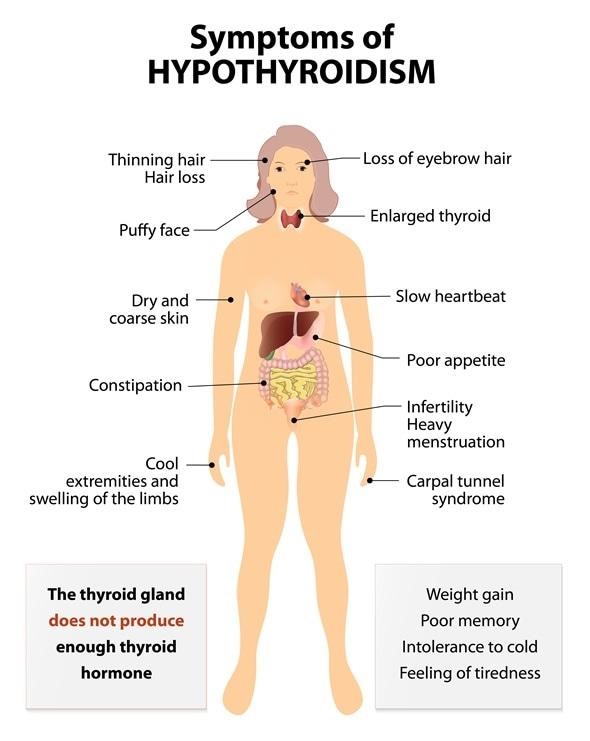Which of the following clinical manifestations should a nurse expect from a client with hyperthyroidism? SELECT ALL THAT APPLY
Heat intolerance
Diarrhea
Weight loss
Weight gain
Bradycardia
Correct Answer : A,B,C
Choice A Reason: Heat intolerance is a common finding in hyperthyroidism, as the increased metabolic rate causes the body to produce more heat and sweat.
Choice B Reason: Diarrhea is a common finding in hyperthyroidism, as the increased motility of the gastrointestinal tract causes more frequent and loose stools.
Choice C Reason: Weight loss is a common finding in hyperthyroidism, as the increased metabolism and appetite cause the body to burn more calories than it consumes.
Choice D Reason: Weight gain is not a common finding in hyperthyroidism, but it may indicate other conditions such as hypothyroidism or Cushing's syndrome.
Choice E Reason: Bradycardia is not a common finding in hyperthyroidism, but it may indicate other conditions such as heart block or beta-blocker use.

Nursing Test Bank
Naxlex Comprehensive Predictor Exams
Related Questions
Correct Answer is C
Explanation
Choice A Reason: If I feel nervous or have tremors, I should not only take half the dose, but I should contact my healthcare provider, as these may indicate signs of overdose or hyperthyroidism.
Choice B Reason: I cannot expect diarrhea, insomnia, and excessive sweating, but these are possible side effects of overdose or hyperthyroidism.
Choice C Reason: I need to call my healthcare provider if my heart rate becomes fast, as this may indicate a serious adverse reaction or overdose of levothyroxine sodium.
Choice D Reason: I should not take the medication in the evening, but in the morning on an empty stomach at least 30 minutes before breakfast, as this ensures better absorption and prevents insomnia.
Correct Answer is C
Explanation
Choice A Reason: Placing an ice pack on the lips if they swell is not an appropriate instruction for a client who is taking allopurinol, as it may indicate an allergic reaction or angioedema, which requires immediate medical attention.
Choice B Reason: Using an OTC antihistamine lotion if a rash develops is not an appropriate instruction for a client who is taking allopurinol, as it may indicate a serious skin reaction such as Stevens-Johnson syndrome or toxic epidermal necrolysis, which requires immediate medical attention.
Choice C Reason: Drinking at least 8 glasses of fluid every day is an appropriate instruction for a client who is taking allopurinol, as it helps to prevent kidney stones and flush out uric acid from the body.
Choice D Reason: Taking the medication on an empty stomach 2 hours before meals is not an appropriate instruction for a client who is taking allopurinol, as it may cause stomach upset or nausea. The medication should be taken after meals with plenty of water.
Whether you are a student looking to ace your exams or a practicing nurse seeking to enhance your expertise , our nursing education contents will empower you with the confidence and competence to make a difference in the lives of patients and become a respected leader in the healthcare field.
Visit Naxlex, invest in your future and unlock endless possibilities with our unparalleled nursing education contents today
Report Wrong Answer on the Current Question
Do you disagree with the answer? If yes, what is your expected answer? Explain.
Kindly be descriptive with the issue you are facing.
